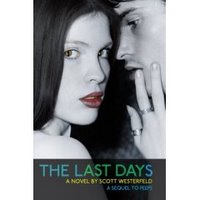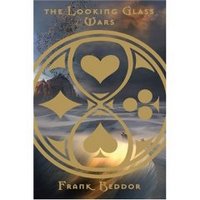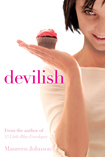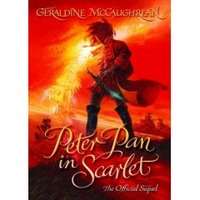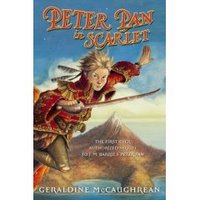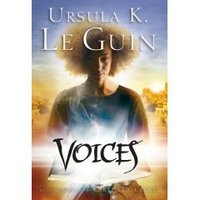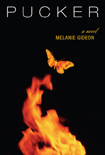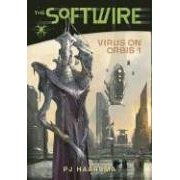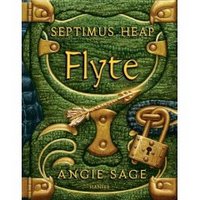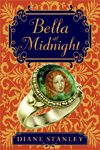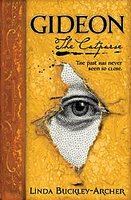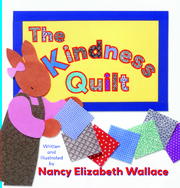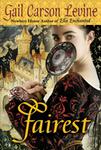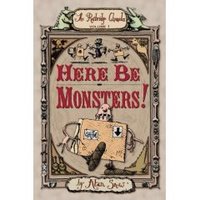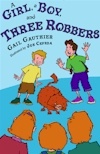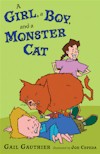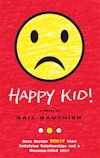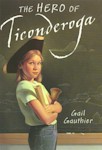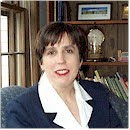Well, people, while reporting on my recent fantasy and scifi reading I've talked about the
Greek myth genre and
royal fantasies and
genre benders and
cyberpunk and
Cinderella getting religion and
wizards (which must be a genre if Greek myth is) and
allegory.
Today it's alternative history's turn.
Larklight by
Philip Reeve at first sounds very much like a Victorian story of upperclass British children living in one of that nation's colonial possesions. Then, around the end of page three, Myrtle, the narrator's older sister says, "The gravity generator has gone wrong again! Find a servant, Art, and send them down to the boiler room to mend it."
It's not long before the two very British, very nineteenth century siblings are off on an adventure through space, one in which they and the British empire will be in great danger.
It seems that Sir Isaac Newton's discovery of gravity somehow leads to the exploration of space, and by 1851, when our story takes place, Britain has had colonies in space for well over a hundred years.
The world Reeve has created is well-conceived and extremely detailed. All the planets are "Class M," as they used to say in
Star Trek, meaning they very conveniently sustain human life. This doesn't make the book far-fetched. It makes it fun. (There's a
Star Trek reference toward the end of the book, too, made funnier by the fact that the characters have no knowledge of the show or television because it doesn't yet exist.)
Larklight plays on what we adults know of nineteenth century British imperial attitudes. Myrtle, in particular, embodies the attitudes of her time and class. After crashing on the moon, she approaches one of the mushroom-like creatures who live there and says, "Excuse me, my good fungus, we have been shipwrecked on your horrid planet. Please direct us to the residence of the British Governor." Being a good Victorian lady, she is prone to fainting and when she fails to faint at a couple of appropriate points, she worries, "Does this mean that I have not been properly brought up? I am quite sure it would have been the ladylike thing to do."
There are all kinds of twists on nineteenth century period detail that adults will enjoy immensely (or, at least those of us with some modest knowledge of the period will), though I'm not sure if kids will get them. Will that matter with an adventure story as well done as
Larklight? I don't think so. In fact, I can easily imagine myself as a child reading about the Richard Burton of
Larklight and then years later finding out that there really was such a
person and remembering that I'd already heard of him. Sort of.
That kind of thing happened all the time when I was a kid. Actually, it still does.
A couple of interesting points: 1.
Larklight is a book either sex can enjoy because Myrtle, while a bit of a pill, has her own adventures. Plus there are two swashbuckling female aliens. 2. Many adventure books focus on characters right around twelve- or thirteen-years-old, which makes the exploits of said characters just a little bit unbelievable. While Art,
Larklight's narrator, is probably that age, Myrtle and the pirate who they hook up with are closer to fifteen. And, of course, fifteen-year-olds can do just about anything.
And a third interesting point: I find many of the websites made specifically for a book title beautiful but gimmicky and superficial. They're often slow to load and have little significant content.
Larklight's has a very entertaining feature called
A British Boy's Guide to the Planets by Art Mumby (Larklight's main character). You'll find it under
Aethernet Explorer. There's also an excellent interview with the author at
Gentlemen of Devonshire.
